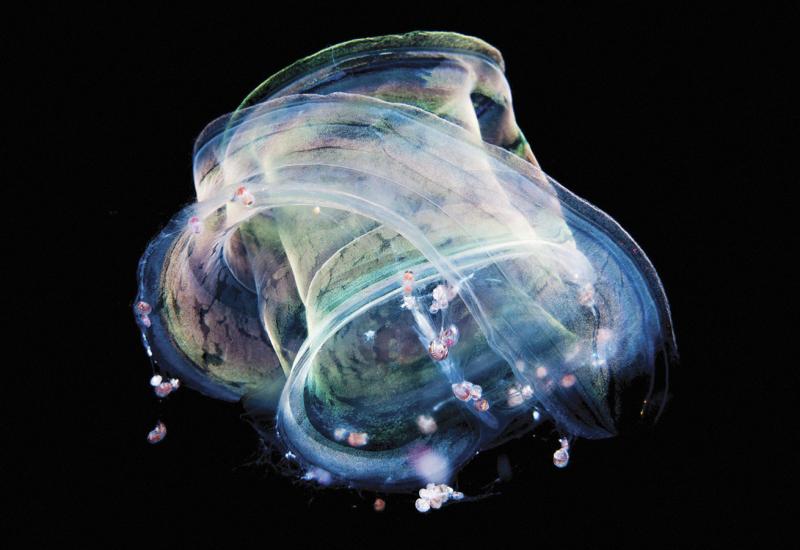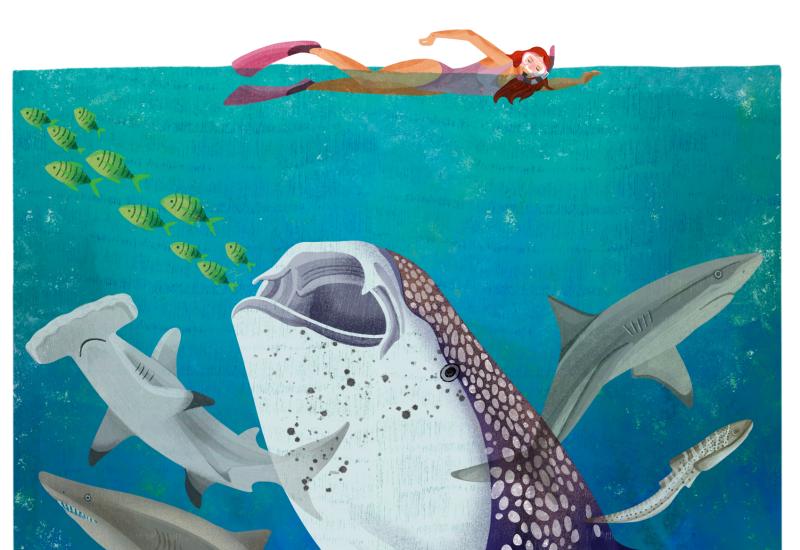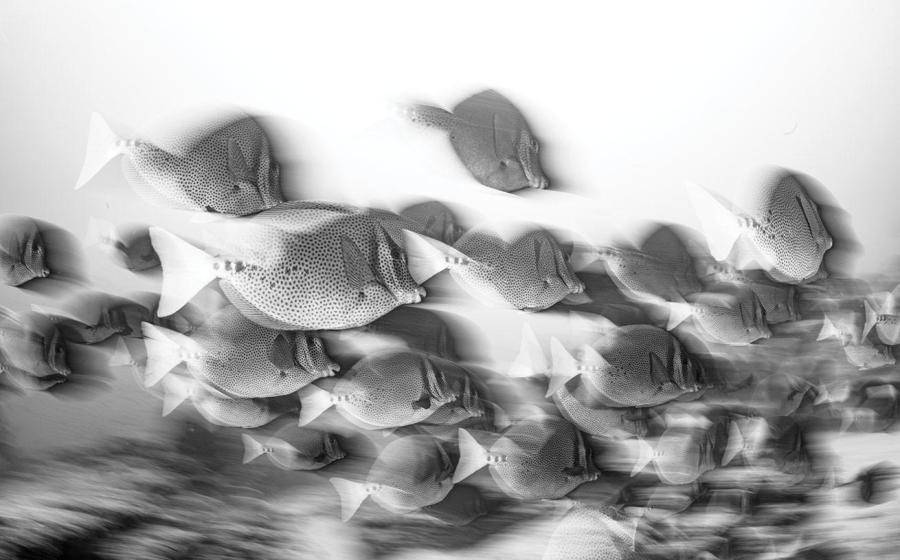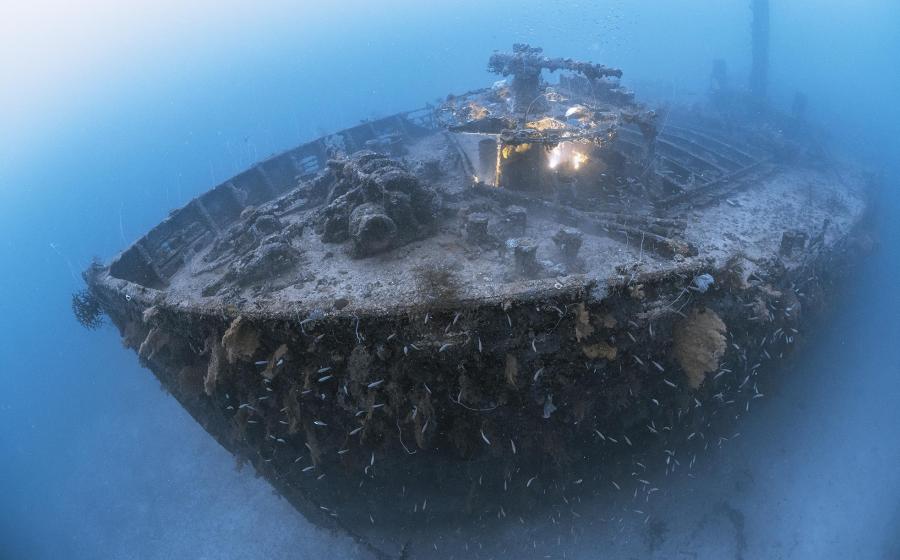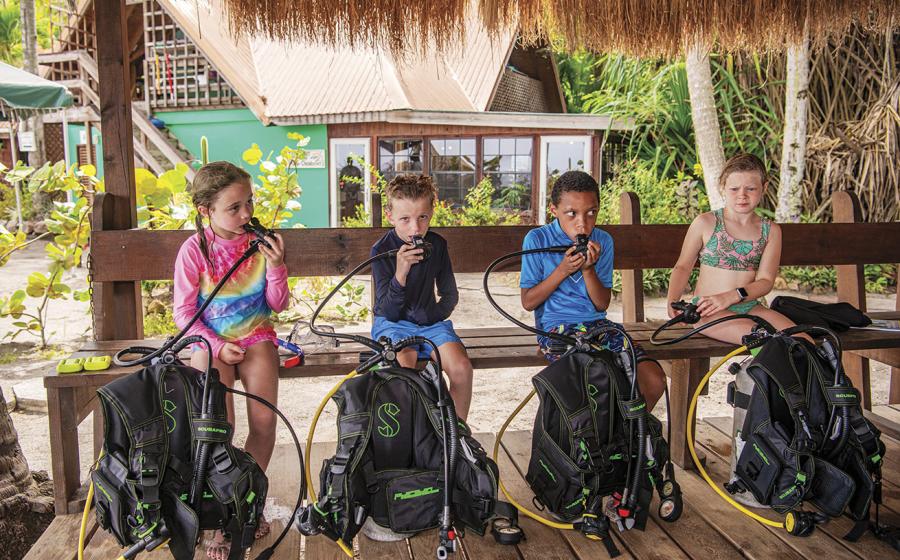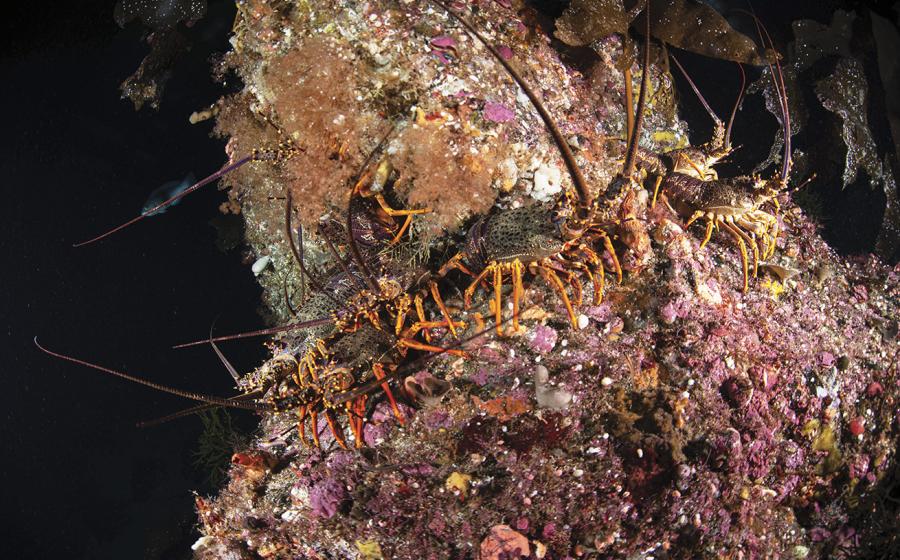What is the Biggest Threat to Sharks in the Next Decade? What Can We Do to Stop it?

Shutterstock.com/Alex RushA recent study identifies overfishing as a major stressor to every single species of threatened shark.
Question: What is the biggest threat to sharks in the next decade and what can we do to stop it? – Anoushka L., age 11, San Francisco
Answer: The biggest threat to sharks is not what most people expect to hear—and neither are its solutions!
A recent study led by Dr. Nick Dulvy found that about a third of all known shark species and their relatives are now threatened with extinction. This study also found that the biggest threat to sharks, by far, humans killing too many sharks through overfishing. In fact, of these threatened species, 100 percent of them list “overfishing” among their threats. Habitat loss, while a major problem for other marine species, only affects 31 percent of threatened species of sharks and their relatives, while climate change only affects 10 percent of threatened sharks. We should absolutely work to stop habitat loss and climate change and other threats to the ocean, but compared to overfishing, they have a limited impact on threatened species of sharks.
Many people seem to believe that shark finning—the inhumane and unsustainable practice of cutting sharks’ fins off at sea and discarding their carcasses at sea to supply markets for shark fin soup—is the only major threat to sharks, and that the only solutions we should enact focus on the shark fin trade. This is not true and has not been true for a very long time. There is a large and growing trade for shark meat, which restrictions on the shark fin trade do absolutely nothing to address. The problem is killing too many sharks, and the solution is killing fewer sharks, which can be done in a few different ways.
In some cases, a shark species (or population) is so threatened that the only thing we can do is fully protect them, banning all fishing for that species. In many cases, that’s not true, and we can absolutely have a well-managed, sustainable shark fishery that provides both shark meat and fins to the marketplace. In fact, sustainable fisheries is widely supported by scientists and environmental advocates. If you haven’t heard that before, I’d suggest changing the source of your conservation news.
But those policy solutions are what lawmakers and natural resource managers can do to help, not what you, readers, can do to help. Since the biggest problem is unsustainable seafood, stop eating unsustainable seafood (which is not the same as “don’t eat any seafood ever,” as sustainable options exist and should be supported when possible). Removing unsustainable seafood from your diet is probably the most impactful decision an individual can make in terms of helping the ocean. You can also support great conservation non-profits with donations or volunteer hours or sharing their materials with your friends—while not supporting disreputable non-profits.
If you’d like to learn more about the threats to sharks and the many policy solutions to those threats, I invite you to check out my new book on this topic, "Why Sharks Matter," coming May 24, 2022.
Ask a Marine Biologist is a monthly column where Dr. David Shiffman answers your questions about the underwater world. Topics are chosen from reader-submitted queries as well as data from common internet searches. If you have a question you’d like answered in a future Ask a Marine Biologist column, or if you have a question about the answer given in this column, email Shiffman at [email protected] with subject line “Ask a marine biologist.”

Courtesy ImageDavid Shiffman
Dr. David Shiffman is a marine conservation biologist specializing in the ecology and conservation of sharks. An award-winning public science educator, David has spoken to thousands of people around the world about marine biology and conservation and has bylines with the Washington Post, Scientific American, New Scientist, Gizmodo and more. Follow him on @WhySharksMatter on Twitter, Facebook and Instagram, where he’s always happy to answer any questions about sharks.
The views expressed in this article are those of David Shiffman, and not necessarily the views Scuba Diving magazine.


